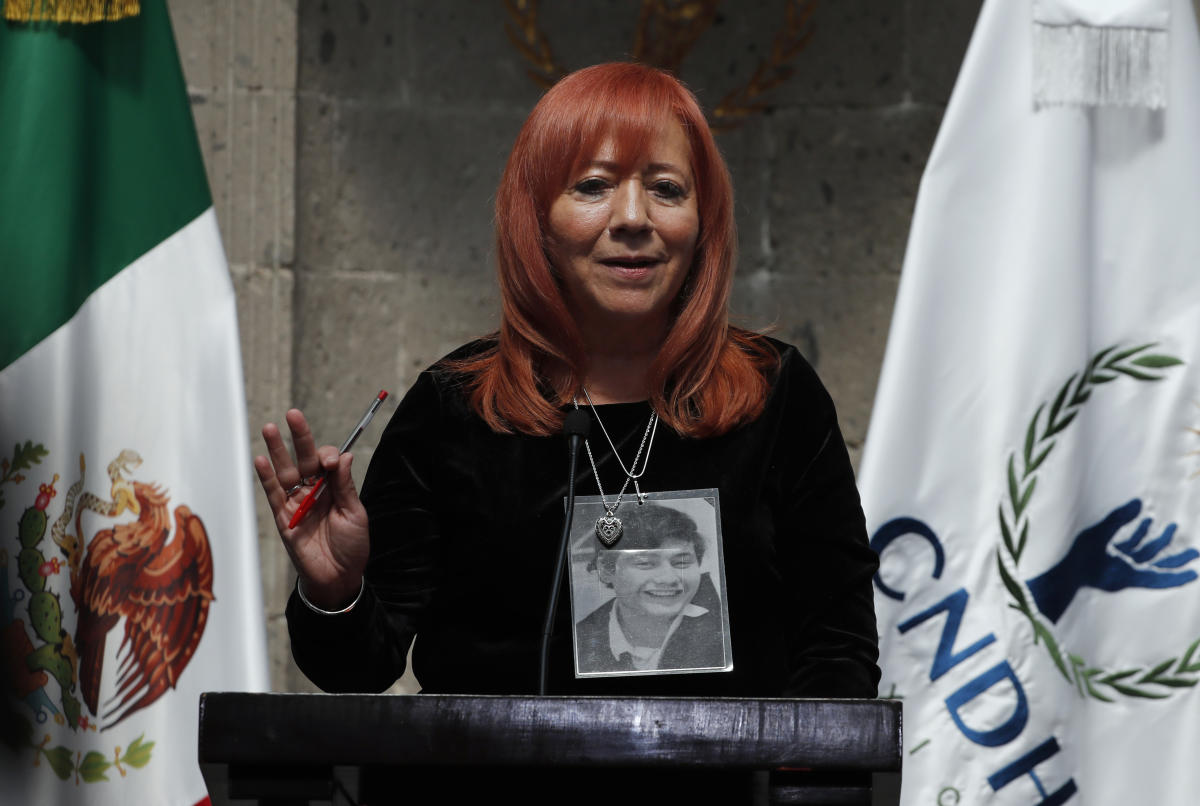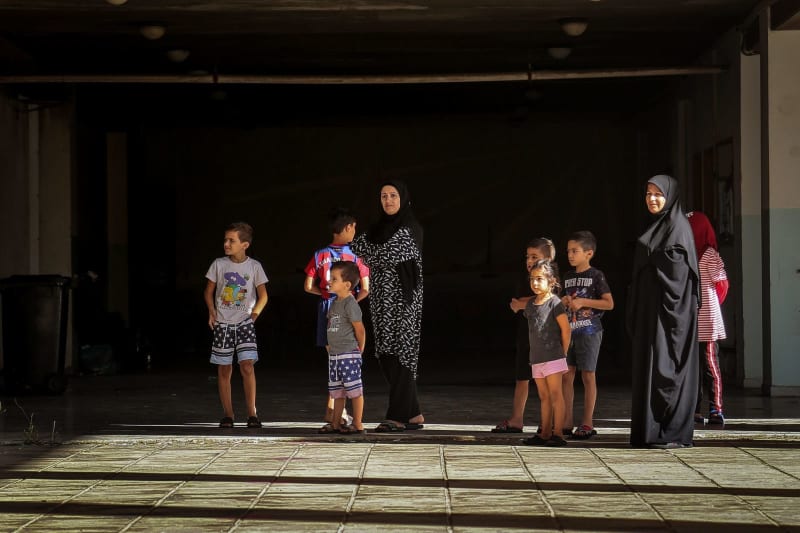
MEXICO CITY (AP) — Legislators from Mexico’s ruling party reelected the head of the National Human Rights Commission on Wednesday despite widespread opposition and her failure to call out the government for abuses.
The reelection of Rosario Piedra in a party-line congressional vote appeared to be another example of the ruling Morena party’s attempts to weaken independent oversight bodies. Morena has proposed eliminating a host of other oversight, transparency and freedom-of-information agencies, claiming they cost too much to run.
Mexico’s civic and nonprofit rights groups have been almost unanimous in their criticism of Piedra’s reelection.
Advertisement
Advertisement
“This is an undeserved prize for a career marked by inaction, the loss of independence and the weakening of the institution,” the Miguel Agustín Pro Juárez human rights center wrote on its social media accounts.
A committed supporter of former President Andrés Manuel López Obrador, who left office on Sept. 30, Piedra once affirmed that none of the deaths caused by the armed forces under his administration were illegal or unjustified. She shared the former president’s delight in attacking and criticizing other independent human rights groups.
Since her first election in 2019, Piedra has done little to investigate allegations of massacres or extrajudicial killings by soldiers and members of the militarized National Guard, to whom López Obrador gave sweeping powers.
Despite receiving over 1,800 citizen complaints against the armed forces between 2020 and 2023, her commission issued only 39 recommendations, and most of the few military cases her commission did follow up on involved abuses committed under previous administrations.
Advertisement
Advertisement
The rights commission has the power to make nonbinding recommendations to government agencies. If they do not agree to follow the recommendations, they are at least required by law to explain why.
Piedra has almost exclusively focused the commission’s work on issuing recommendations in cases where people have not received proper care at government-run hospitals. Those recommendations accomplish little, because they don’t address the central problem of underfunded, poorly equipped hospitals forced to handle too many patients.
At times Piedra acted as if human rights violations no longer existed under López Obrador. In 2019, she expressed disbelief when asked about the killing of journalists, despite the fact that almost a dozen were killed in López Obrador’s first year in office.
“Are they killing journalists?” she said with an expression of disbelief.
Advertisement
Advertisement
Piedra comes from a well-known activist family: Her mother founded one of Mexico’s first groups to demand answers for families whose relatives had been abducted and disappeared by the government in the 1960s and ’70s. But even her mother’s group, the Eureka Committee, did not support Piedra’s reelection.
“Her actions appear to support impunity for the perpetrators of governmental terrorism, and the government’s line of obedience and forgetting” rights abuses, the committee wrote in a statement.
Piedra broke with two important traditions: she was a member of the ruling party when she was elected to her first term in 2019. The job has usually gone to nonpartisan human rights experts.
And she has openly endorsed and supported government policies and actions. Previous heads of the commission had a more critical relationship with the government.
Advertisement
Advertisement
Piedra also failed to make the final cut for candidates for the post this year in a congressional examination of their qualifications, but was put on the ballot anyway. She also apparently falsified a letter of recommendation, after a bishop and human rights activist said a letter she presented to support her reelection had not been signed by him.
Piedra will serve under new President Claudia Sheinbaum, another devoted follower of López Obrador, who took office Oct. 1. On Sheinbaum’s first day in office, the army killed six migrants near the Guatemalan border; 10 days later, soldiers and National Guard killed three bystanders in the northern border city of Nuevo Laredo while chasing suspects.
Sheinbaum’s third week in office was capped by the killing of a crusading Catholic priest who had been threatened by gangs, and a lopsided encounter in northern Sinaloa state in which soldiers killed 19 drug cartel suspects, but suffered not a scratch themselves. That awakened memories of past human rights abuses, like a 2014 incident in which soldiers killed about a dozen cartel suspects after they had surrendered.
The purportedly leftist government has been quick to criticize human rights groups and activists who expose abuses.
In June, an outspoken volunteer advocate for missing people found an apparent body dumping ground with human remains in Mexico City, embarrassing ruling party officials who had done little to look for such clandestine grave sites. City prosecutors lashed out at her, claiming “the chain of custody” of the evidence had been manipulated, which could lead to charges.
EMEA Tribune is not involved in this news article, it is taken from our partners and or from the News Agencies. Copyright and Credit go to the News Agencies, email news@emeatribune.com Follow our WhatsApp verified Channel




